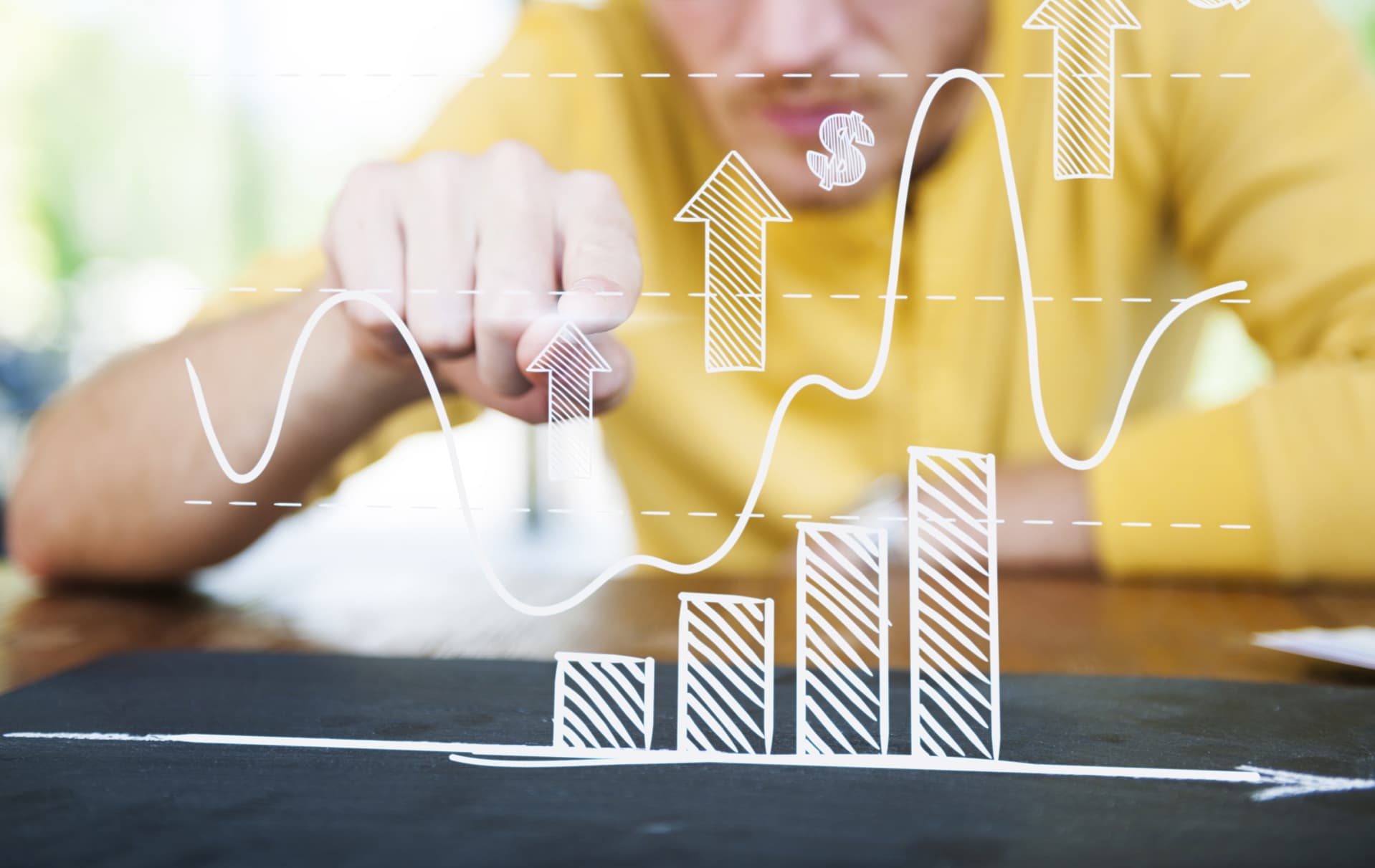Retirement for many investors is the end goal in their financial journey. After all, they have saved their money for many years to get to retirement.
However, if only it was so easy. If you don´t have the funds needed in retirement to live a comfortable lifestyle it can be a rather arduous existence. Although this might seem obvious, it is doubtless an important distinction to remember.
When retirement is viewed as an end goal, many people are tempted to stop investing once they have reached it. It is typical for people to move their money into investments that are perceived as being “safe” or to completely move their investments into their bank account or other similar cash instruments.
Justifiably you can understand why this would be tempting to take your pension out of the investment; you have saved your entire life to reach retirement. By making such an oversight you could see your pension savings being completely wiped out, for example by market volatility. Whereas, if you moved your money into a “safe” investment you would avoid that volatility.
As people are living longer after retirement, the safe investments are likely to have little to offer in ways of return. When some people spend more time in retirement than they did in working and investing, they must take into consideration the trade-off between risk and return that frames nearly every investment decision. If they want to play it safe, the cost of that safety is potential return.
Which leads onto the importance of return in retirement. It is essential to continue to grow your savings in retirement. Inflation affects nearly every aspect of your life, from groceries and petrol to health care. There is simply no way to avoid the steady increase in the cost of living; and as such you need investment growth to combat that inflation.
Take into consideration this scenario: you retire with £1,000,000 and plan to withdraw £50,000 each year for living expenses. Your funds are in a safe investment and have no growth. That income would last you 20 years. So if you retired aged 55 your pension would only last until you were 75.
Unfortunately, there is simply no way that you can comfortably live on the same amount for 20 years; over time, that £50,000 would decrease in spending power. You would be forced to withdraw more money every year to pay for higher-priced commodities.
If we look at a “safe” investment assuming inflation was 2.5% every year, your savings would last 17 years. If inflation were at 3% your savings would only last 15 years.
In retirement safety is important, but you should not underestimate growth. The fundamental problem in retirement is how to balance the two.
So how can we solve the fundamental problem? Moving your prior investments into a safer investment after retirement is of course correct, but one shouldn´t take it to the extreme of moving it into lower return instruments. A wise approach would be to shift the allocations gradually over time into safer investments, giving you a blend of low-volatility assets and those that generate a higher return.
Retirement can be complex and fraught with risk making it daunting to navigate. Here at deVere, our financial advisor can develop a personalised action plan that can guide you to your future goals.
